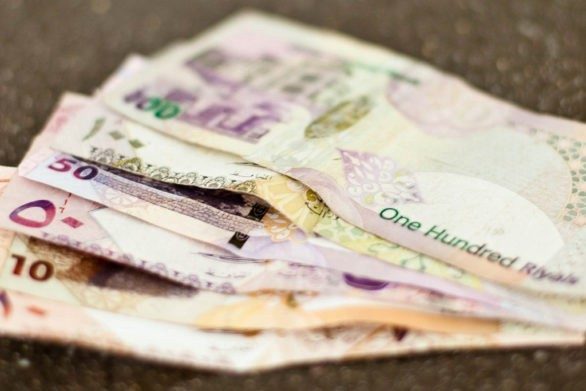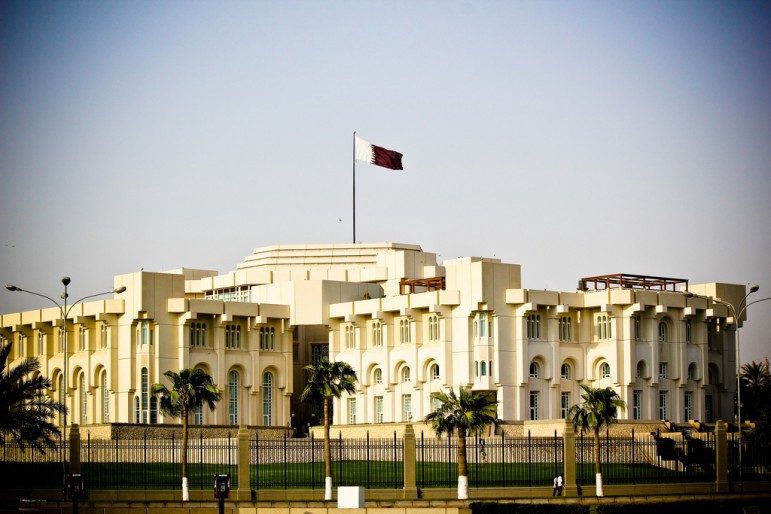
Qatar’s Cabinet has approved draft legislation to implement two new taxes in the country.
They include a new selective tax on fast food, luxury goods and other items; and a 5 percent value-added tax (VAT) aimed at businesses.
Both taxes are part of GCC-wide agreements that hope to boost revenues for countries across the Gulf amid lower global oil prices.

The executive regulations had already cleared the Cabinet once. But they got a second sign-off yesterday during its weekly meeting, and after it was revised by the Advisory Council.
And according to Arab News, GCC finance ministers will meet in Bahrain today to discuss the further rollout of the taxes.
Sin taxes
Officials previously said that selective taxes would be “imposed on goods harmful to human health and the environment,” as well as specific luxury items.
This includes alcohol, tobacco, energy drinks and soda, among other things.

No exact date has been given for their implementation.
However, the IMF has previously said they would be rolled out this year, and Saudi officials have floated an April deadline. However, this has since passed.
According to QNA, the draft legislation on selective taxes includes provisions on “tax entitlement, the declaration of the loss or damage of selective goods, inspection of damaged goods, registration, tax declaration, rules of payment of tax in the case of local production, maintaining of accounting systems, the language of accounting records, and control and inspection ruler.”
VAT tax
Meanwhile, the VAT is expected to take effect sometime in 2018.
It is a consumption tax, but will exempt certain food items, as well as the cost of education, healthcare and social services.

Over the past several months, local businesses have been urged to prepare for the rollout of VAT.
Speaking to Doha News last fall, one expert said the tax may slow down growth in the small to medium-sized companies sector.
This is because they will need to budget for lots of compliance costs.
“These firms will need to change their IT, HR, procurement, finance and marketing processes, and they will need to have auditors check and approve their books,” said Alexis Antoniades, an associate professor at Georgetown University’s School of Foreign Service in Qatar.
Officials should also continue to keep the private sector informed about what’s coming, he recommended.
Cost of living
Though news of the taxes has not sparked much discontent within Qatar, the fees are likely to cause the cost of living to rise soon.
According to the International Monetary Fund, inflation will more than double from 2.6 percent currently to 5.7 percent by 2018.

One example of higher costs can be seen at the Qatar Distribution Co. (QDC) in Abu Hamour.
Last month, the alcohol warehouse warned customers to stock up before import taxes on spirits double.
Additionally, eating out could also become more costly. Speaking to the Peninsula this week about the potential effects of the VAT, one restaurant owner forecasted higher prices for the meals they serve.
Are you concerned about the impact on your wallet? Thoughts?






